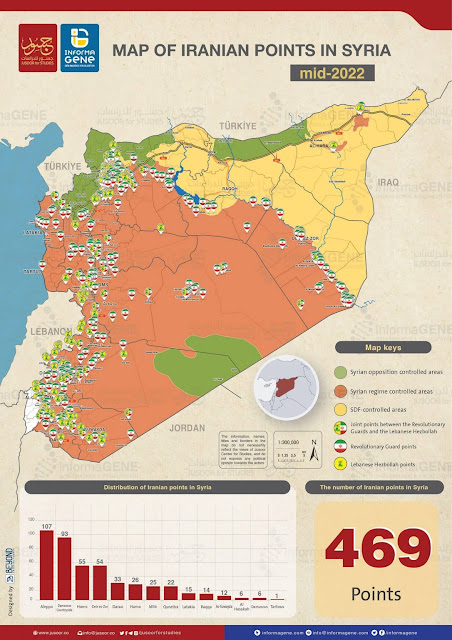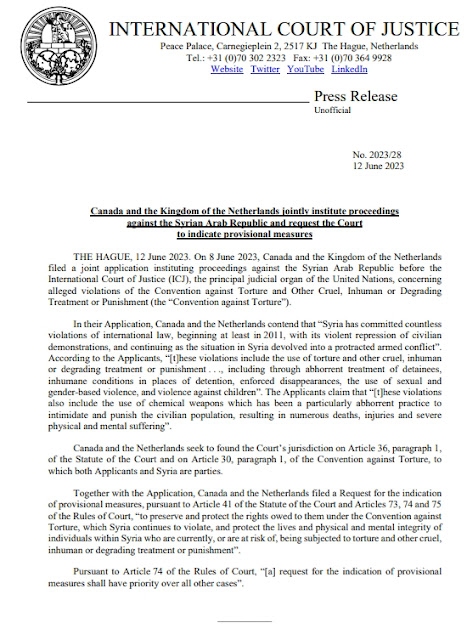Iraqi, American Women Discuss Constitution, Women's Rights
Iraqi minister for women's affairs attends women's forum on new constitution
By Brittany Sterrett Washington File Staff Writer
Washington -- Iraqi women often see themselves as inferior to men, and that is an attitude that needs to change, according to the Iraqi Minister of State for Women's Affairs Azhar Abdul Karim al-Shakly.
"How can we convince women and make them think they're not inferior to men?" asked al-Shakly during a July 20 discussion about the Iraqi constitution and women's rights at Washington's Independent Women's Forum. "All the assistance in the world will not help if we don't help ourselves."
A delegation from Iraq that included members of Iraq's Constitutional Committee, Iraqi women legal experts and women's rights advocates was also present. A U.S. delegation included State Department officials as well as lawyers and women's rights activists.
Zainab al-Suwali, the executive director of the American Islamic Congress; Carole Basri, adjunct professor of corporate law at the University of Pennsylvania School of Law; Lisa Davis, Deputy Director for Programs and Director of the RIGHTS Program at Freedom House; and Mary Larkin, Director of International Programs at Street Law Inc., spoke to the delegations about how to incorporate women's rights into the constitution and how to ensure that the rights are protected.
Basri explained the importance of focusing on checks and balances in the constitution. Individual rights for everyone must be protected, she said, in order to avoid a "slippery slope" that could lead to a loss of rights for many.
She also emphasized the importance of women's values being a part of the new society. "Women often don't consider themselves part of the establishment," she said, adding that they are thus less likely to take bribes. Therefore, Basri felt, in order to minimize corruption in the government, women must be integrated.
Additionally, she said, women's values are key to a strong civil society. "Women have a special place in keeping certain values," such as familial ones necessary for creating a civil society, she stated.
Larkin pointed out the progress made through continual amendments to the U.S. Constitution, stating that if it had stayed in its original form, she, as a black woman, would not have been there to speak. "The strength of the constitution may not always be in the first document," she said. Instead, strength comes from the fact that it "lives," "grows," and "you can change it." She emphasized the value of freedom of expression to allow for such growth and change.
Larkin encouraged women to be at the forefront of the fight for rights but not to stand alone. Instead, she said, women should work with minorities and make sure that everyone in the state is guaranteed an education-a valuable tool that promotes understanding and tolerance. She added, "Fight to win and protect yourself in case you don't."
The Iraqi Assembly has until August 15 to draft a constitution. On October 15, a national referendum will determine the fate of the proposed document. Minister al-Shakly stated that she feels confident women will advance because "we have a strong will to change."
(The Washington File is a product of the Bureau of International Information Programs, U.S. Department of State. Web site: http://usinfo.state.gov)
Iraqi minister for women's affairs attends women's forum on new constitution
By Brittany Sterrett Washington File Staff Writer
Washington -- Iraqi women often see themselves as inferior to men, and that is an attitude that needs to change, according to the Iraqi Minister of State for Women's Affairs Azhar Abdul Karim al-Shakly.
"How can we convince women and make them think they're not inferior to men?" asked al-Shakly during a July 20 discussion about the Iraqi constitution and women's rights at Washington's Independent Women's Forum. "All the assistance in the world will not help if we don't help ourselves."
A delegation from Iraq that included members of Iraq's Constitutional Committee, Iraqi women legal experts and women's rights advocates was also present. A U.S. delegation included State Department officials as well as lawyers and women's rights activists.
Zainab al-Suwali, the executive director of the American Islamic Congress; Carole Basri, adjunct professor of corporate law at the University of Pennsylvania School of Law; Lisa Davis, Deputy Director for Programs and Director of the RIGHTS Program at Freedom House; and Mary Larkin, Director of International Programs at Street Law Inc., spoke to the delegations about how to incorporate women's rights into the constitution and how to ensure that the rights are protected.
Basri explained the importance of focusing on checks and balances in the constitution. Individual rights for everyone must be protected, she said, in order to avoid a "slippery slope" that could lead to a loss of rights for many.
She also emphasized the importance of women's values being a part of the new society. "Women often don't consider themselves part of the establishment," she said, adding that they are thus less likely to take bribes. Therefore, Basri felt, in order to minimize corruption in the government, women must be integrated.
Additionally, she said, women's values are key to a strong civil society. "Women have a special place in keeping certain values," such as familial ones necessary for creating a civil society, she stated.
Larkin pointed out the progress made through continual amendments to the U.S. Constitution, stating that if it had stayed in its original form, she, as a black woman, would not have been there to speak. "The strength of the constitution may not always be in the first document," she said. Instead, strength comes from the fact that it "lives," "grows," and "you can change it." She emphasized the value of freedom of expression to allow for such growth and change.
Larkin encouraged women to be at the forefront of the fight for rights but not to stand alone. Instead, she said, women should work with minorities and make sure that everyone in the state is guaranteed an education-a valuable tool that promotes understanding and tolerance. She added, "Fight to win and protect yourself in case you don't."
The Iraqi Assembly has until August 15 to draft a constitution. On October 15, a national referendum will determine the fate of the proposed document. Minister al-Shakly stated that she feels confident women will advance because "we have a strong will to change."
(The Washington File is a product of the Bureau of International Information Programs, U.S. Department of State. Web site: http://usinfo.state.gov)


